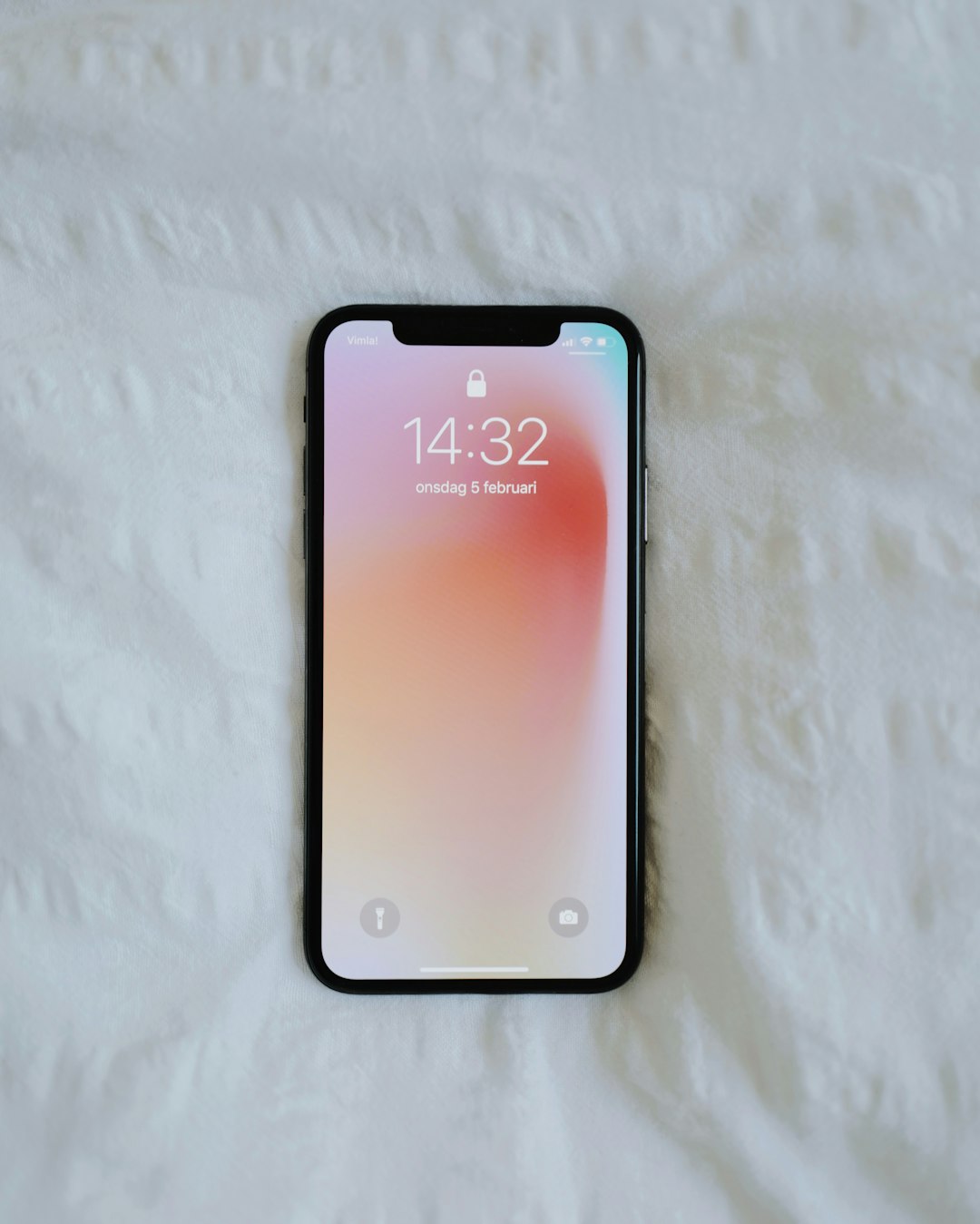Washington D.C.'s pharmacies are combating a surge in robocalls related to prescription refills, which pose security risks and medication errors. Advanced call screening systems, combined with human verification processes, are being adopted to protect patient data and maintain public trust. Legal frameworks like the TCPA and FCC rules offer robust consumer protections, and Robocall Lawyer DC specialists assist pharmacies in navigating these regulations, reducing fraud, and enhancing security for patients and healthcare professionals.
In the digital age, prescription-related robocalls have emerged as a significant challenge for DC pharmacies. These automated calls, often disguised as legitimate communications, can pose serious security risks and violate patient privacy. This article explores the pervasive issue of robocalls in DC’s pharmacy sector, delving into relevant legal frameworks, innovative strategies employed by local pharmacies, and the crucial role of a Robocall Lawyer DC in mitigating this growing concern.
Understanding the Robocall Problem in DC's Pharmacy Sector

In the dynamic landscape of healthcare, particularly within the bustling metropolis of Washington D.C., pharmacies face a growing challenge: robocalls. These automated phone calls, often masquerading as legitimate prescription refill reminders or drug safety alerts, have become a persistent nuisance. Many Robocall Lawyer DC have noted the spike in complaints from concerned citizens and pharmacy staff alike. The issue extends beyond mere annoyance; robocalls can potentially expose sensitive patient data to security risks and lead to medication errors when patients act on incorrect or misleading information.
The prevalence of robocalls in the pharmacy sector highlights a complex problem that demands attention. As prescription drug management becomes increasingly digitized, so do the tactics employed by telemarketers and fraudsters. Pharmacy owners and managers in DC are now compelled to implement robust security measures, including advanced call screening systems, to safeguard patient privacy and ensure accurate medication dispensing. This proactive approach not only helps combat robocalls but also bolsters public trust in an era where technology’s benefits must be balanced with stringent data protection measures.
Legal Frameworks and Regulations Against Robocalls

DC pharmacies, like many businesses across the nation, face a growing challenge from robocalls, which can be particularly problematic when they involve prescription refills and other sensitive health information. While these automated calls have long been a nuisance, recent legal frameworks and regulations aim to combat this issue head-on. In the United States, the Telephone Consumer Protection Act (TCPA) is a key piece of legislation designed to protect consumers from unwanted robocalls. This law prohibits automated calling without prior express consent, giving rise to robust legal recourse for victims. DC residents can take advantage of these protections and seek help from a Robocall Lawyer DC if they believe their privacy has been violated.
Moreover, the Federal Communications Commission (FCC) has implemented stricter rules to enforce the TCPA, ensuring that phone numbers are removed from robocall lists and that consumers have more control over their communication preferences. These measures signal a concerted effort to make robocalls less prevalent and to safeguard individuals’ personal information. Pharmacy owners in DC should stay informed about these legal developments to ensure they remain compliant and protect their customers from prescription-related robocalls.
Innovative Strategies DC Pharmacies Are Employing

DC pharmacies are adopting innovative strategies to combat prescription-related robocalls, a growing concern in the healthcare industry. One effective method is implementing advanced caller ID systems that identify and block automated calls. These systems not only filter out robocalls but also help in tracking call sources, allowing pharmacies to take targeted measures against persistent callers.
Additionally, many DC pharmacies are employing human-based verification processes, where trained staff members personally validate patient information before dispensing medications. This multifaceted approach, combining technology and human oversight, has proven successful in minimizing prescription fraud and the associated robocall activities, ensuring a safer and more secure pharmaceutical environment for patients and healthcare professionals alike. A Robocall Lawyer DC can further assist pharmacies in navigating legal aspects and staying compliant with anti-robocall regulations.
The Role of a Robocall Lawyer DC in Addressing This Issue

In the fight against prescription-related robocalls, a Robocall Lawyer DC plays a pivotal role in addressing this growing issue. These legal experts are equipped to navigate complex regulations surrounding telemarketing practices and consumer protection laws. By understanding the nuances of these laws, they can help pharmacies develop effective strategies to mitigate robocalls, ensuring compliance while safeguarding patient privacy.
A Robocall Lawyer DC assists in identifying and implementing best practices to prevent unauthorized automated calls from targeting pharmacy customers. They guide pharmacies on how to establish robust call blocking and filtering systems, enabling them to detect and block suspicious calls at the outset. Moreover, these lawyers provide strategic advice on crafting clear and concise terms of service, ensuring that customers are fully informed about potential robocall occurrences and their rights.






